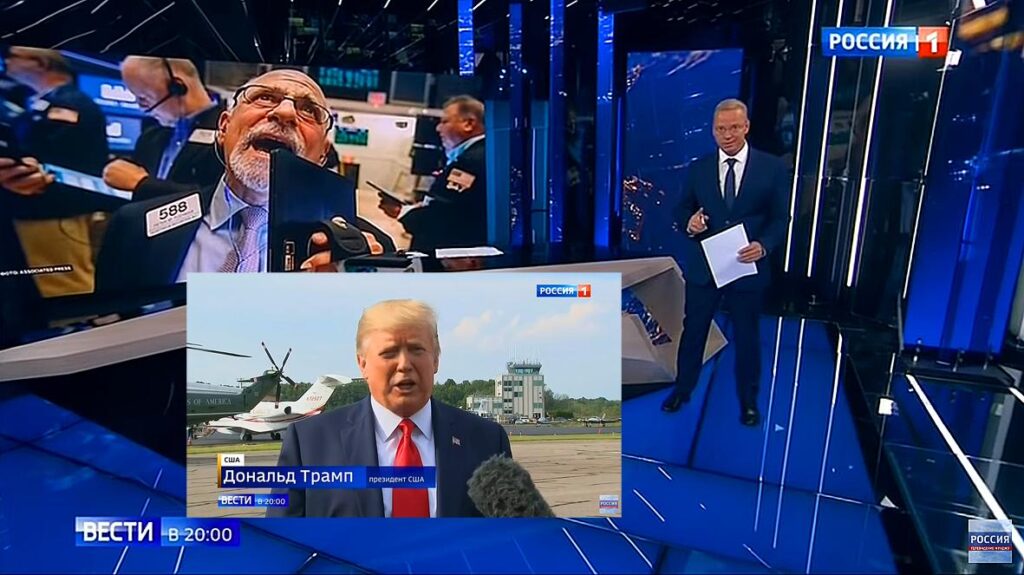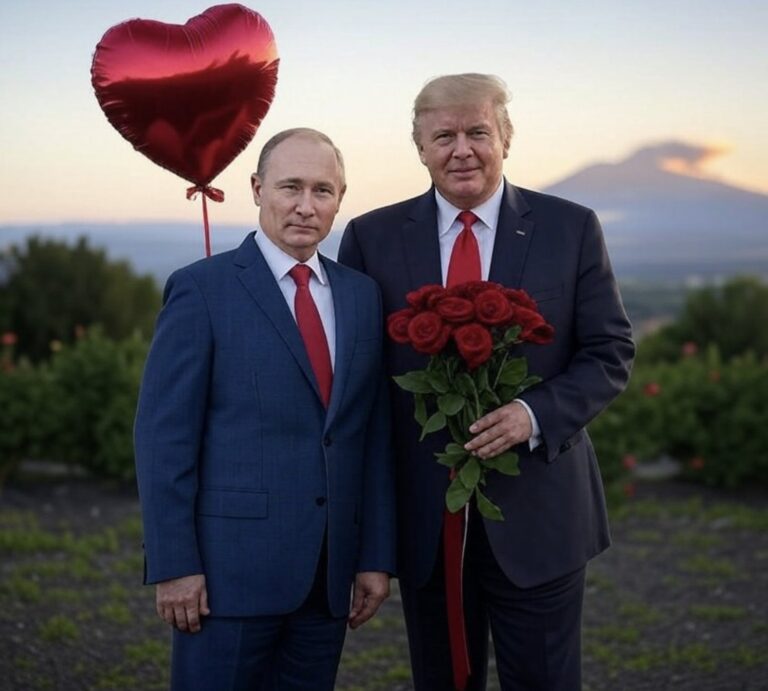A Major War in Europe Involving Russia Becomes Inevitable During Trump’s Presidency
A large-scale war in Europe, with Russia as a key participant, is becoming inevitable during President Trump’s term. Such a conflict would draw the United States into direct involvement and could lead to the potential dissolution of NATO. Additionally, it could trigger a geopolitical crisis in the Asia-Pacific region.
Donald Trump has chosen a strategy of maintaining power by demonstrating excessive force. This confrontational, populist approach likely stems from his perceived weakness in managing numerous risks—risks he was unprepared for and which do not align with business-driven models of governance. This has fostered fears linked to potential failures and the prospect of political demise, which could come swiftly if his promises prove unfulfilled. Trump is accustomed to operating in an environment where facts are clear and transparent. However, we question whether his administration will be capable of accurately assessing the situation in the face of Moscow’s disinformation, propaganda, and distorted reality.
As Trump seeks to end Russia’s war in Ukraine, he fails to recognize the fundamental reality: Moscow is waging war against the United States in Ukraine. The Kremlin leadership continues to operate within a Cold War mindset, harboring deep frustration over the collapse of the Soviet Union and seeking retribution against U.S. leadership. We are witnessing how Soviet-era propaganda narratives and aspirations are manifesting in modern American politics.
First, there are growing attempts to push for California’s secession as an independent state.
Second, there are calls for a full withdrawal of U.S. military forces from Europe.
Since the end of World War II, the U.S. military presence in Europe has served as both a guarantor of peace and a symbol of American global leadership. However, the Trump administration appears to be under the illusion that peaceful coexistence between the West and Russia is possible, ignoring the imperial nature of Moscow’s policies. Russian geopolitical ambitions lack economic rationale and are instead driven by irrational notions of historical greatness.
We are convinced that even if a ceasefire with Russia in Ukraine were reached, Moscow would not only violate it within a year but would also expand its aggression into the Baltic region. The objective would be to demonstrate Russian dominance over the United States and assert its leadership in shaping security policies within what was traditionally the U.S. sphere of influence. Such an escalation of Russian aggression would inevitably force the U.S. to intervene militarily on NATO’s behalf. However, some NATO members would likely refuse to participate in combat, citing their right to invoke national caveats. This could trigger the withdrawal of several countries from NATO and ultimately lead to the alliance’s dissolution—a key strategic goal for Moscow.

Simultaneously, the Kremlin would resume full-scale war against Ukraine, aiming to push its forces to the borders of the European Union. The consequences of this scenario would be devastating for Washington, as it would lose key allies who currently view the United States as their primary security guarantor.
In the wake of such a geopolitical shift, China would likely launch an offensive against Taiwan. With Washington already overstretched and having lost its ability to provide military support to its allies, Beijing’s attack would have a high chance of success. Such an outcome would deal a crushing blow to America’s global standing. Any subsequent U.S. attempt to enter a war against China would result in catastrophic losses for Washington.
In essence, the Trump administration’s current policy of appeasement toward Russia demonstrates a fundamental misunderstanding of the root causes of Moscow’s confrontation with Washington since 1945—and of why that conflict continued even after the collapse of the Soviet Union. This miscalculation could ultimately lead to a decisive U.S. defeat and a dramatic shift in global influence in favor of China.


More on this story: Neither Putin nor the Russians like freedom

More on this story: Trump’s Greenland Proposal Fuels Russian Propaganda




